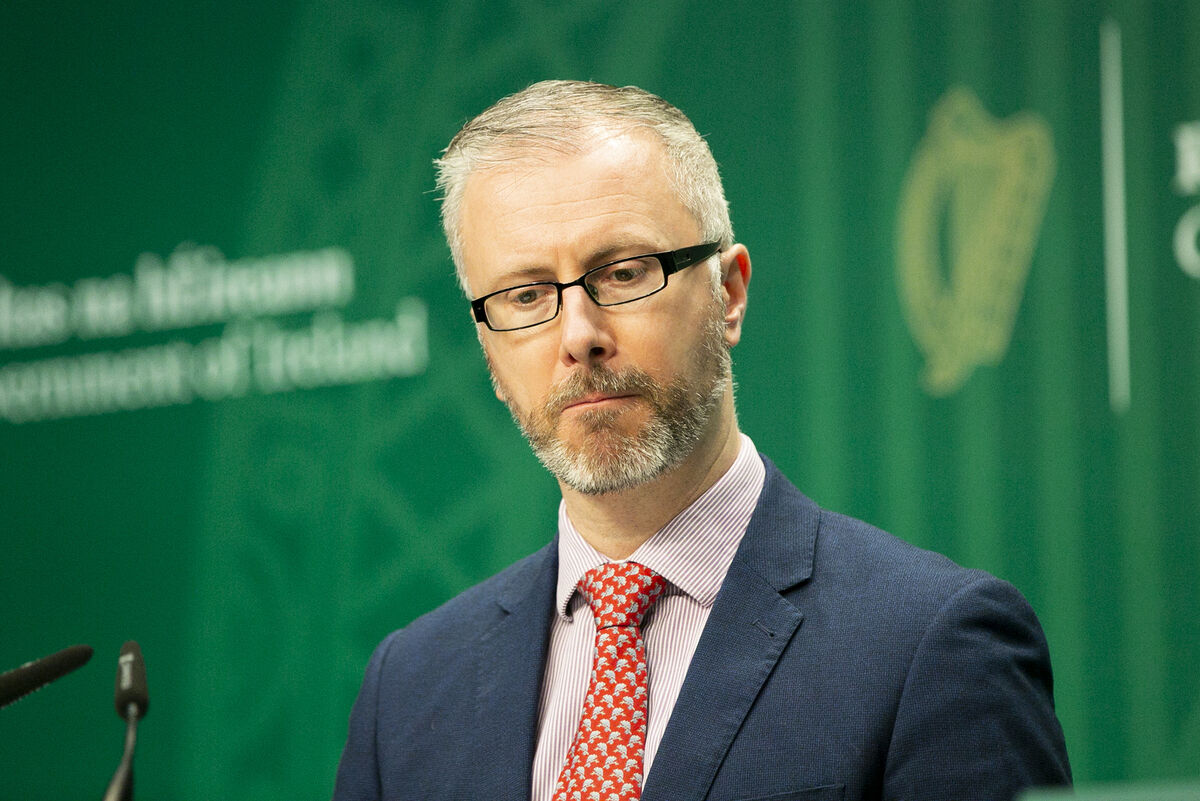The Government may be forced to pay significant compensation to asylum seekers following a landmark court ruling after it failed to house an Afghan man seeking international protection.
Integration Minister Roderic O’Gorman was ruled last week to be in breach of his obligations under European law to house people claiming international protection.
In delivering his judgment last Friday, Mr Justice Charles Meenan said this is a “lead case”, which the Government believes may see significant compensation claims come before the courts.
Currently, 538 people who arrived here seeking international protection are without State accommodation and many have been left homeless. There are six live legal cases but potentially up to 87 cases in the pre-litigation phase.
Mr O’Gorman will bring a memo to the Cabinet committee on Ukraine, which has been brought forward to next Thursday amid “concerns” within Government about the wider financial implications of the ruling.
The case is due back before the High Court on May 12 when costs and any further submissions from parties will be dealt with.
A spokesperson for Mr O’Gorman confirmed the department is “refining” its response to the judgment. The court ruled the minister was in breach of his obligations under the European Union (Reception Conditions) Regulations of 2018 and the Charter of Fundamental Rights of the European Union. A source said:
A second Government source said: “There is concern over the level of financial compensation that could be paid out and what that means for the rest of the people the State hasn’t been able to provide shelter for, given there are significant numbers involved.”
If large lump sums of money are given to IP applicants as a result of the State not being in a position to offer accommodation, there is unease over how the court ruling may “filter around the world”.

Integration Minister Roderic O’Gorman was ruled last week to be in breach of his obligations under European law to house people claiming international protection. Picture: Gareth Chaney/ Collins
“The minister updated Cabinet on Tuesday regarding International Protection accommodation and the implications of the High Court judgment.
“He said that the department is refining its response to the judgment alongside its ongoing efforts to secure further accommodation, and that a memo for information may be brought in the coming weeks,” a spokesperson for Mr O’Gorman said.
It is understood the Government is scrambling to procure large communal facilities in cities to house asylum seekers.
Meanwhile, almost €1m so far has been paid in interest to hotels and other private accommodation providers as a result of the Government failing to pay them on time for housing Ukrainians fleeing the war.
A total of €780,520 in interest has been paid out between January and March this year alone to 543 providers whose payments were delayed.
A spokesperson for the department said it regrets any delay in making payments and a significant number of providers have received payments of arrears in recent weeks.
However, they said they expect another significant amount of interest to be paid in the coming weeks.
“While payments remain overdue, they are now much more likely to be overdue for a shorter period of time, reducing the impact on providers’ cashflow,” a spokesperson said.
“Prompt payment interest applies only where significant delays occur on the department’s side.
“It is expected that prompt payment interest will be payable on a significant amount of the outstanding invoices in the coming weeks, with the amounts and volume decreasing over time,” they said.
“The department accepts that more remains to be done, and we remain committed to meeting the best practice of paying all correct invoices within 30 days.”



